Openreach to Pilot National UK Exchange Closure Plan in 5 Areas

Last year Openreach (BT) began consulting on their plans to close 4,600 exchanges across the United Kingdom as part of their move from copper to fibre optic based broadband ISP lines. The operator has today begun to consult on the first 5 pilot exchanges to go through this new mass-migration process.
Just to recap. At present Openreach has around 5,600 exchanges but only c.1,000 of these exchanges – so-called Openreach Handover Points (OHPs) – are used to provide nationwide coverage of modern “fibre broadband” based services (FTTC, FTTP and G.fast).
In other words, the rapidly increasing move toward fibre and IP-based phone connectivity had long been expected to result in the closure of many old exchanges, since fewer such hubs will be required to deliver the new services (i.e. as copper services are slowly withdrawn, then the number of exchanges will shrink). On top of that, it would quickly become economically unviable to support both the old and new exchanges together.
Such a process could take years to fully complete and requires long-term planning. As such, last year’s consultation initially aimed to shut at least 100 exchanges by December 2030 (here), with full decommissioning of all equipment to follow one year later. The process would then speed up until the other 4,500 had been completed during the early 2030s.
However, Openreach has today acknowledged that closing 100 as part of the first pilot might be a little too much, too soon for such a complex programme. Instead, today’s consultation is examining plans to develop and test approaches to mass-migrating their customers using five pilot exchanges.
The 5 Pilot Exchange Closures
Openreach propose to have 5 pilot exchanges, all of which will be ‘child’ exchanges. These are:
➤ Deddington, Oxfordshire
➤ Kenton Road, Greater London
➤ Carrickfergus, Ballyclare, Glengormley * – all in County Antrim, Northern Ireland* All child exchanges served from the same parent, Whiteabbey exchange.
The pilot exchanges have been selected because they will have been announced as Fibre-to-the-Premises (FTTP) stop sell exchanges by the beginning of the trial period, and have a good mix of ISPs and end customers. The pilots will begin in April 2022, with most stop sell implementations from June 2022 (excluding those not already covered by any FTTP stop sell), and final withdrawal in December 2023 (Deddington) and June 2024 (all other exchanges).
David Belcher, Openreach Strategy and Transformation Director, said:
“In December last year, we asked our Communications Provider customers for their views on plans to close 4,600 exchanges throughout the UK.
Today these exchanges support traditional copper-based phone and broadband but, as we upgrade the UK from analogue copper-based services to digital fibre-based ones, many exchanges will eventually become unviable for Openreach and Communication Providers (CPs) to operate from, so closing them down is a natural next step.
We initially proposed to focus on 100 exchanges where the benefits of closure are highest and we aim to close these buildings by December 2030, with most of the remaining 4,500 closing in the early 2030s – but we’re under no illusions that this is going to be a hugely complex programme to plan and deliver. We also know from speaking to CPs that these timescales will be challenging, so we’re now consulting them on plans to develop and test approaches to mass-migrating their customers using five pilot exchanges.
We’ll continue to work closely with our customers and the wider industry to develop our strategy and deliver a smooth digital upgrade throughout the UK.”
The removal of any exchange is a highly complex and long-winded task, and maintaining continuity of service for end customers will be a key part of all this. Potential areas of concern may also exist around those older exchanges that still support plenty of high-capacity leased lines or where other ISPs, such as Sky Broadband and TalkTalk, have invested to unbundle (LLU) in order to gain more control over their services.
On the flip side, Openreach are ultimately intending to prioritise exchanges where the potential benefits of exit are highest (e.g. those with very high running costs), and to focus on those first. But just to be clear, the operator will NOT be withdrawing exchanges in areas where doing so would leave existing customers disconnected (i.e. no fibre or FTTC alternatives).
We should add that a small number of OHP exchanges will also need to be consolidated into other OHP sites, which means that Openreach may well eventually end up with a total of around 960 OHPs.
Mark is a professional technology writer, IT consultant and computer engineer from Dorset (England), he also founded ISPreview in 1999 and enjoys analysing the latest telecoms and broadband developments. Find me on X (Twitter), Mastodon, Facebook and Linkedin.
« CityFibre Set GBP32m Full Fibre Rollout for Redcar and Hartlepool
The EU Publishes 2021 Broadband Connectivity Progress Study »
Latest UK ISP News
- FTTP (5669)
- BT (3552)
- Politics (2585)
- Openreach (2334)
- Business (2311)
- Building Digital UK (2265)
- FTTC (2056)
- Mobile Broadband (2022)
- Statistics (1818)
- 4G (1709)
- Virgin Media (1659)
- Ofcom Regulation (1488)
- Fibre Optic (1419)
- Wireless Internet (1412)
- FTTH (1382)








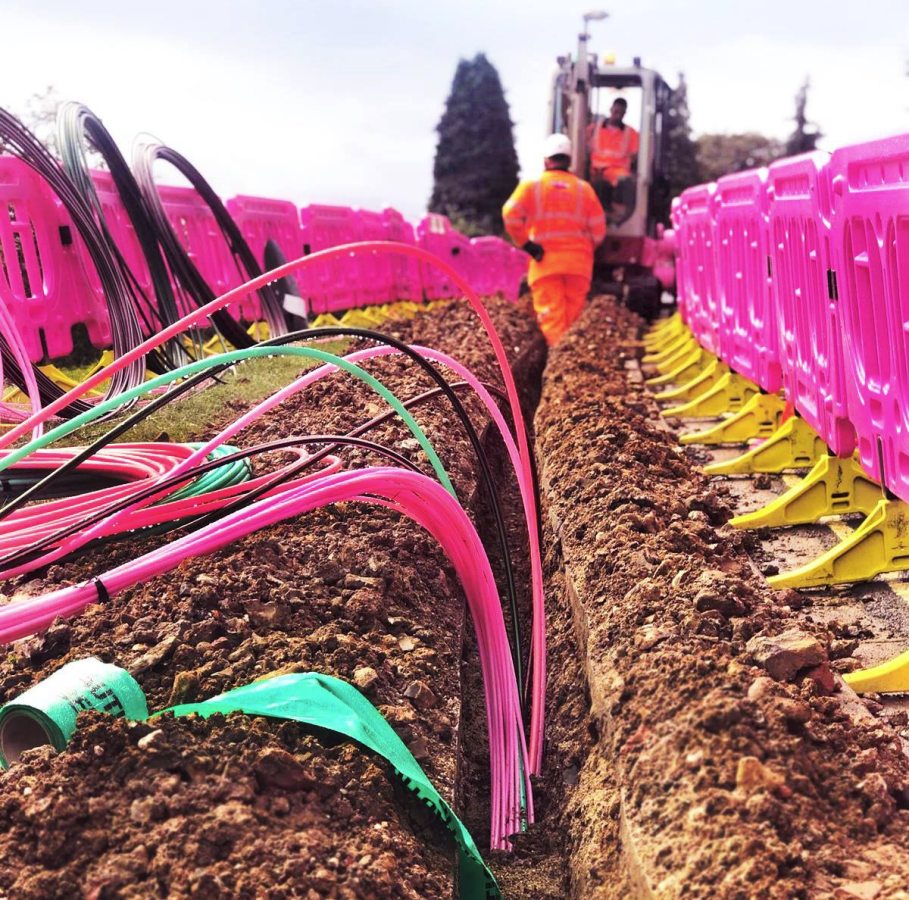



























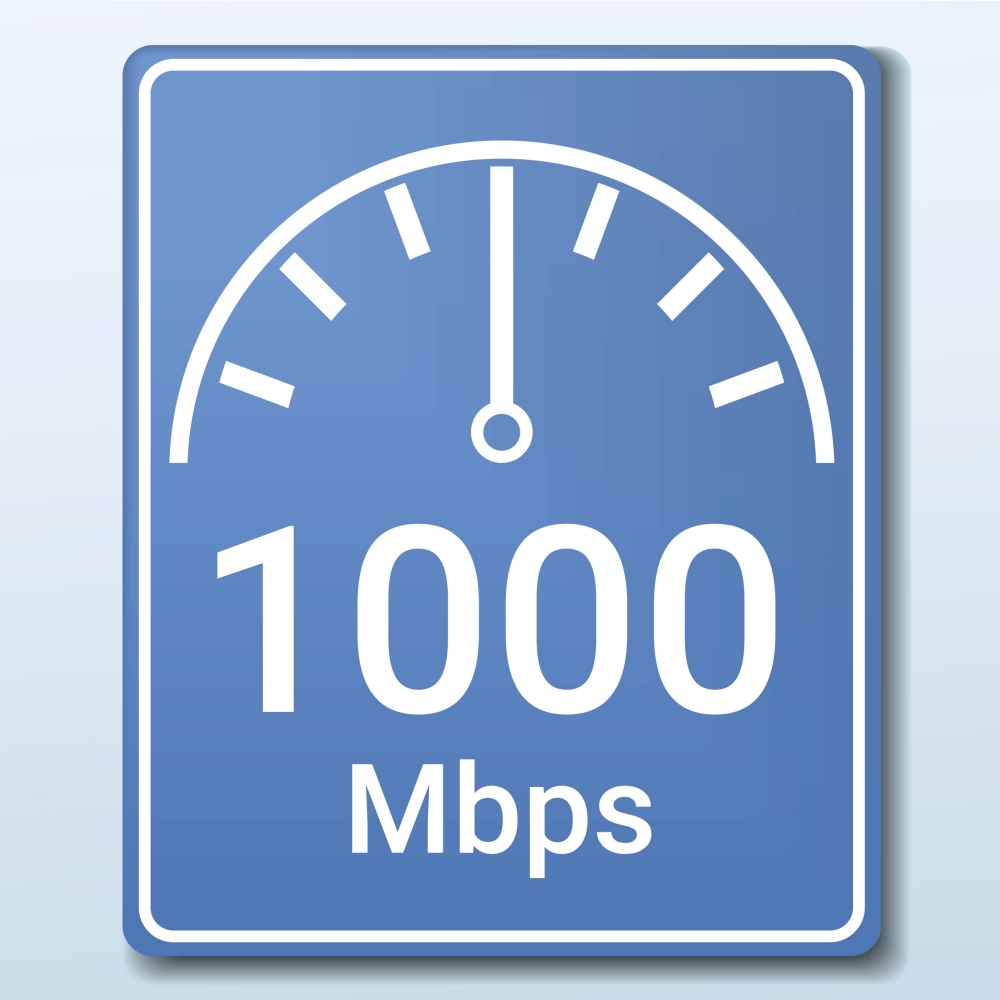
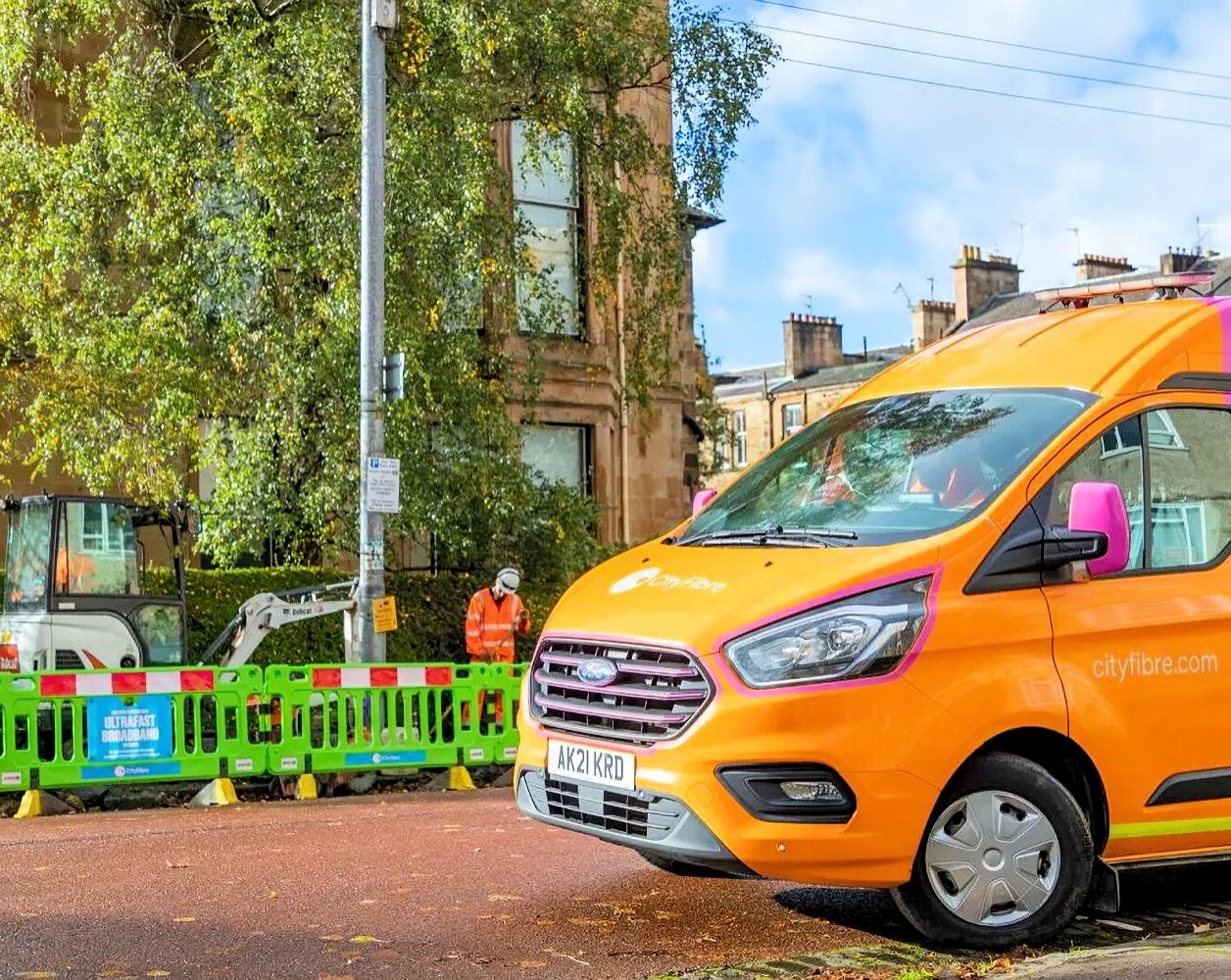





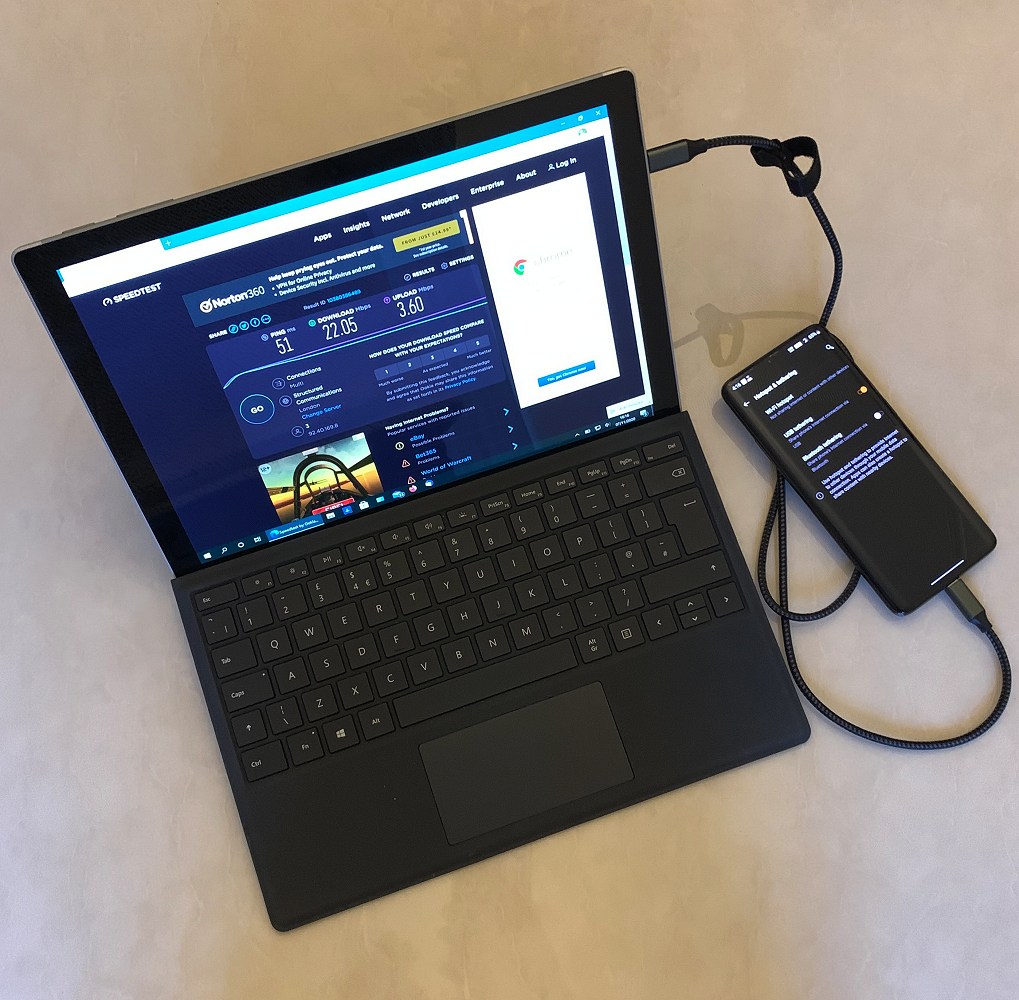


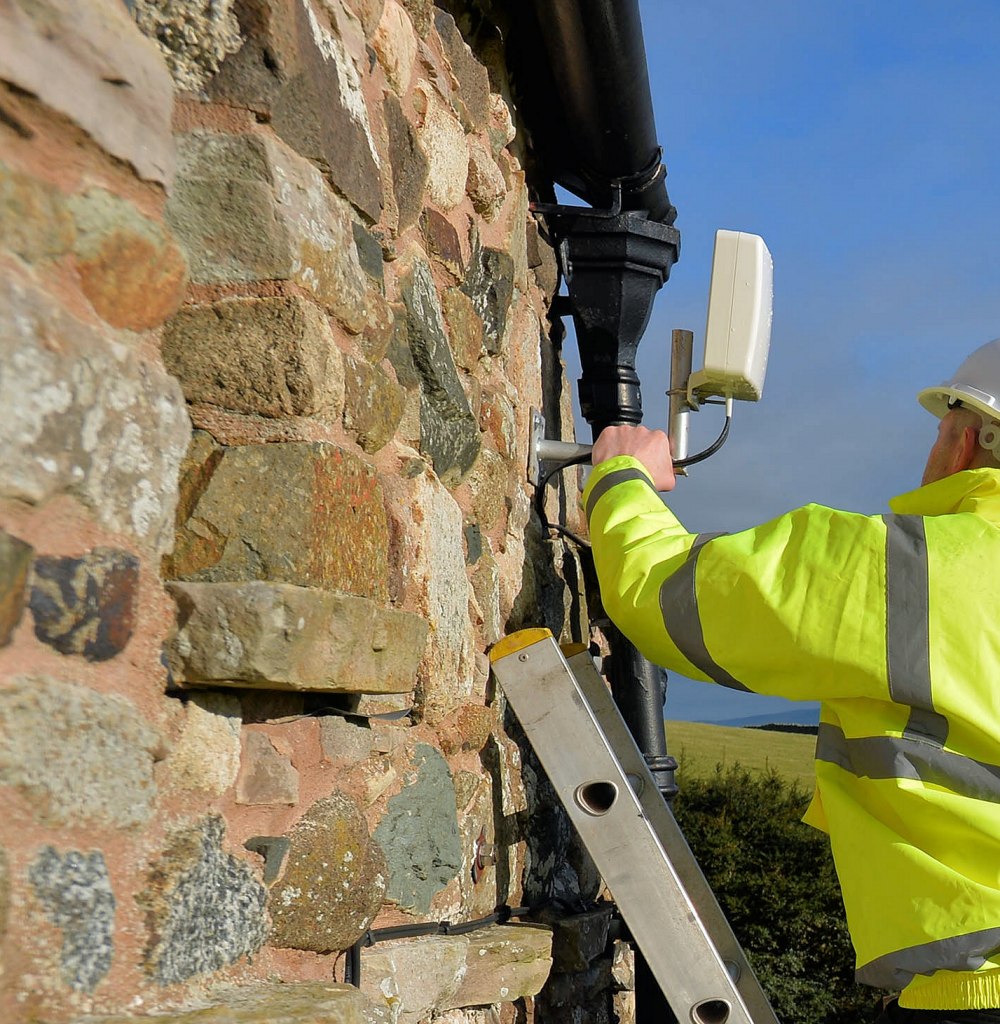






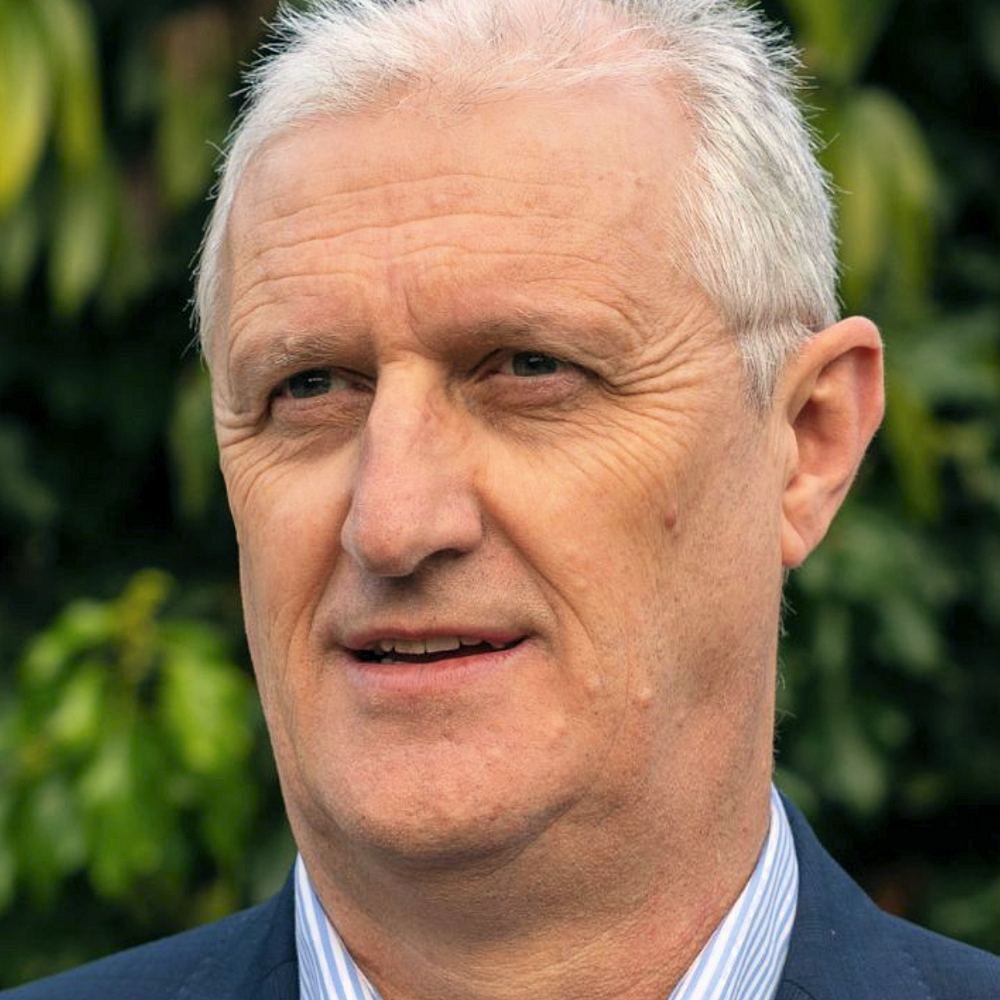

100->5 feels like a major overcorrection.
Remember, the 5 pilots aren’t running on the same timescale as that pool of 100. The latter was due to take place by December 2030, but the new pilots will start next year. So we may well still see the first 100 closed by December 2030, but that timescale will depend on the new pilot closures and those learnings.
Did I not read on here that it could take as long as 2050 to transition to an all IP network, or am I wrong hopelessly wrong.
I’m afraid you are hopelessly wrong 🙂
The telephone network will complete its transition to all-IP by December 2025, and the PSTN completely switched off on that date. In some parts of the UK you’re already unable to order a new analogue phone line, or to renew an analogue phone contract.
However, transition to all-fibre is something else. There will be likely chunks of copper around until well into the 2030’s. Those copper lines will be carrying data (ADSL and FTTC), not analogue voice. Anyone who takes a voice service will have it delivered as voice-over-IP on top of a data service (ADSL/FTTC/FTTP).
You’ll plug your telephone into a port on the ISP-supplied router, not into the master socket on the wall. Some providers already work this way (e.g. Sky, and increasingly BT)
2025 for PTSN switch off
@NE555
In my case, BT annoyingly switched me over mid-contract so now I’m stuck with their annoying router.
Even at the end I’m going to have to mess around in order to switch the number to a dedicated VOIP provider.
Well, looking at the two GB ones:
Deddington doesn’t appear to have any LLU presence so there may be very little direct impact on CPs. It feels more like a project to answer the question “How do we migrate everyone away from this exchange and on to a handover exchange?” and is more a case of Openreach rearranging their own network rather than anything else. I assume that everyone connected to it (less than 1500 subscribers) will either end up on FTTP or FTTC. it is also quite rural so I suspect it won’t be in use to provide many, if any diverse connections or legacy data services.
Kenton Road is more interesting as there is a LLU presence so will involve discussions with those providers as to what their customers are migrated to and how (will still be FTTP or FTTC though). It is also much bigger (around 10,000 subscribers) so perhaps more of a challenge. There are also more businesses so there may be additional issues in terms of its use for diverse connections and / or legacy facilities.
It will be interesting to see how quickly these projects progress. With suitable focus I suspect things could happen very quickly. On the other hand, if one of them is supporting an old Kilostream line which some utility or government department absolutely must keep and hasn’t yet got a plan to replace with something modern then they’ll go nowhere fast.
Deddington was a fibre only exchange trial back in the early days (lost of press releases back in 2013/2104 (it was called a FOX exchange) whcih is why probably why it has no LLU in it and so should be relatively easy to do
If they are picking the exchanges with the biggest savings from closure, then my exchange will among the last – a rural shed with no LLU and a couple of hundred sub-USO EO lines not on FTTC.
I reckon the biggest savings from closure will likely be big exchanges rather than small sheds due to their land values.
Yes, exactly. We’ve not been upgraded yet due to the cost, and the exchange won’t be closed (forcing an upgrade) due to the lack of savings. It make commercial sense, but leaves many of the USO level lines as the only fixed line option for years more.
Their problem will be that the largest exchanges will usually also have the most leased lines, cable link, LLU and diverse routing. As these type of circuits are currently still being installed into these sites I cannot see an easy transfer to the headend exchange. It looks like BT has just realised this which is why they are now talking about 5 exchanges rather than 100
Are Openreach really sill installing stuff into non-handover exchanges (other than simple copper line provision)? It seems extremely shortsighted if they are.
Exchange closures aren’t anything new to Openreach/BT, they’ve done many over the last 30 years particularly in London. However doing them doing them in such a huge number across the country and in the current regulatory environment is new.